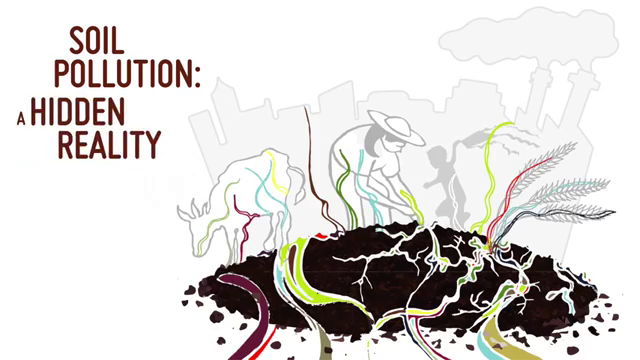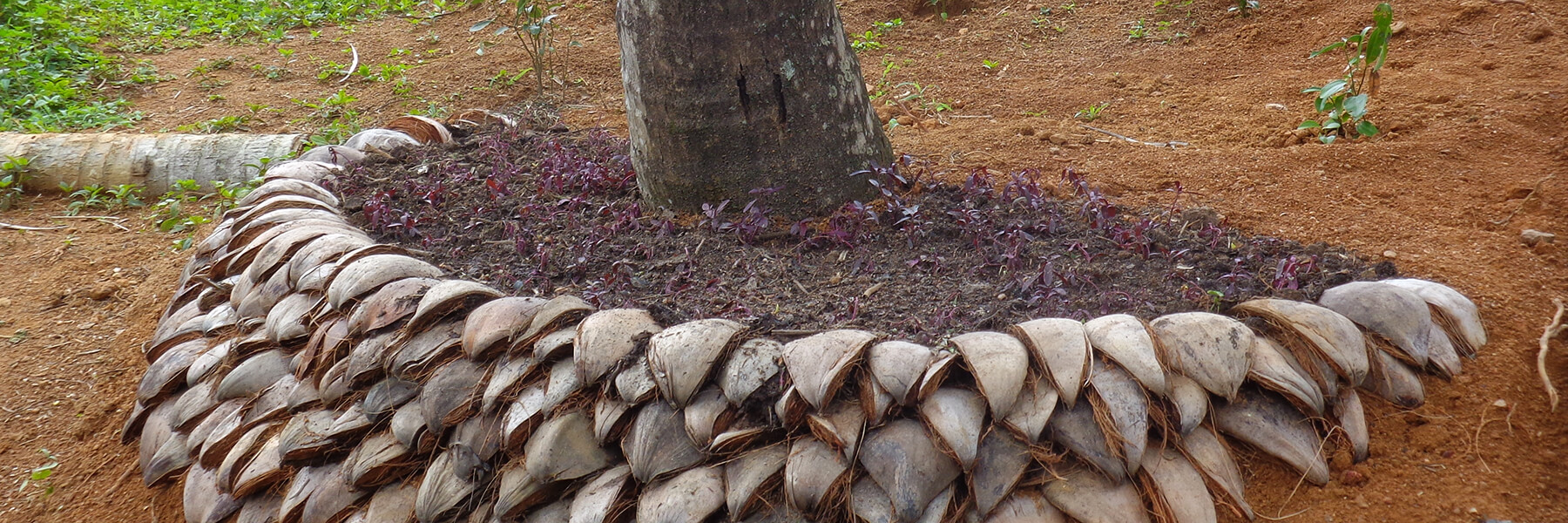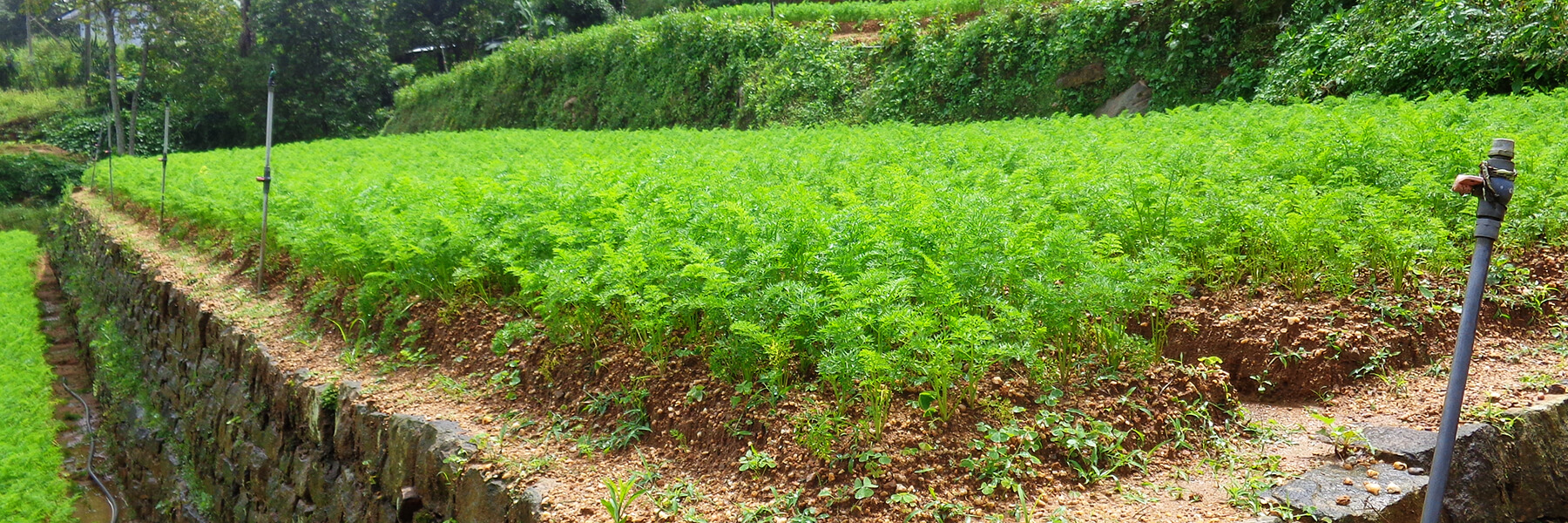Most aspects of the Sustainable Land Management (SLM) in Sri Lanka are covered under the exiting
regulatory framework and present issues that aggravate land degradation are related to non-adherence and
weaknesses in implementation of such regulations and lack of awareness, a team of experts has pointed
out.
A thorough review of existing SLM or SLM related policies and regulations was done by a team of
experts assigned by the Rehabilitation of Degraded Agricultural Land Project (RDALP) of the Food and
Agriculture Organization of the United Nations and recently they handed over the final report of the
review.
 One focal area of the RDALP is strengthening institutional, policy and regulatory frameworks for SLM in
One focal area of the RDALP is strengthening institutional, policy and regulatory frameworks for SLM in
Sri Lanka and this policy review was done to support the government of Sri Lanka to address SLM
related policy issues under the guidelines of Land Resource Division of the Ministry of Environment.
RDALP is funded by the Global Environment Facility (GEF).
The team of experts consist of Prof. Nimal Gunawadana, Senior professor of the Faculty Agriculture,
University of Peradeniya, Kapila Munasinghe, Former additional director of the Natura Resources
Management Center (NRMC) and Dr. Sunil Thrikawala, Senior Lecturer, Open University of Sri Lanka.
The report said that as per the power vested on ministers in respective disciplinary areas, amendments
have been done to SLM and SLM related laws and policies in Sri Lanka at regular intervals, whenever,
new issues to be addressed. Therefore, SLM and SLM related policies are adequate and up to date, the
report said.
However, the report has stressed that availability of a comprehensive policies and regulations does not
necessarily mean that land degradation issues can be controlled fully by these regulatory mechanisms.
The report points out various implementation issues and policy gaps.
The report has identified major SLM related issues in Sri Lanka and the reasons behind those issues and
has presented policy recommendation for the issues.
According to the report, non-adherence to prevailing land use and environmental protection related Acts,
policies and regulations by individuals, institutions and businesses is the most serious issue.
Lack of knowledge and awareness of existing policies and regulations among the public are the reasons
behind the issues. To address the issues, the report suggests to strengthen the implementation aspects of
existing policies and regulations. It also suggests to introduce adequate policies and regulatory measures
to make sure the compatibility of other laws and policies with land use planning.
Rapid fragmentation of agricultural, plantation, uncultivated and neglected arable lands has been
identified as another key SLM related issue.
Over application of fertilizer and chemical inputs in agricultural lands is another major issue, identified by
the report. Harmful and illegal actions and activities leading to water and soil pollution by industries and
individuals, Poor and/or inadequate soil conservation related land use practices in small scale plantations,
unlawful and unauthorized natural resource exploitation, acquirements, encroachments, illegal water
abstractions and use by individuals and organizations are the other major SLM related issues recognized
by the report. The report has presented comprehensive policy recommendation to address the issues.




